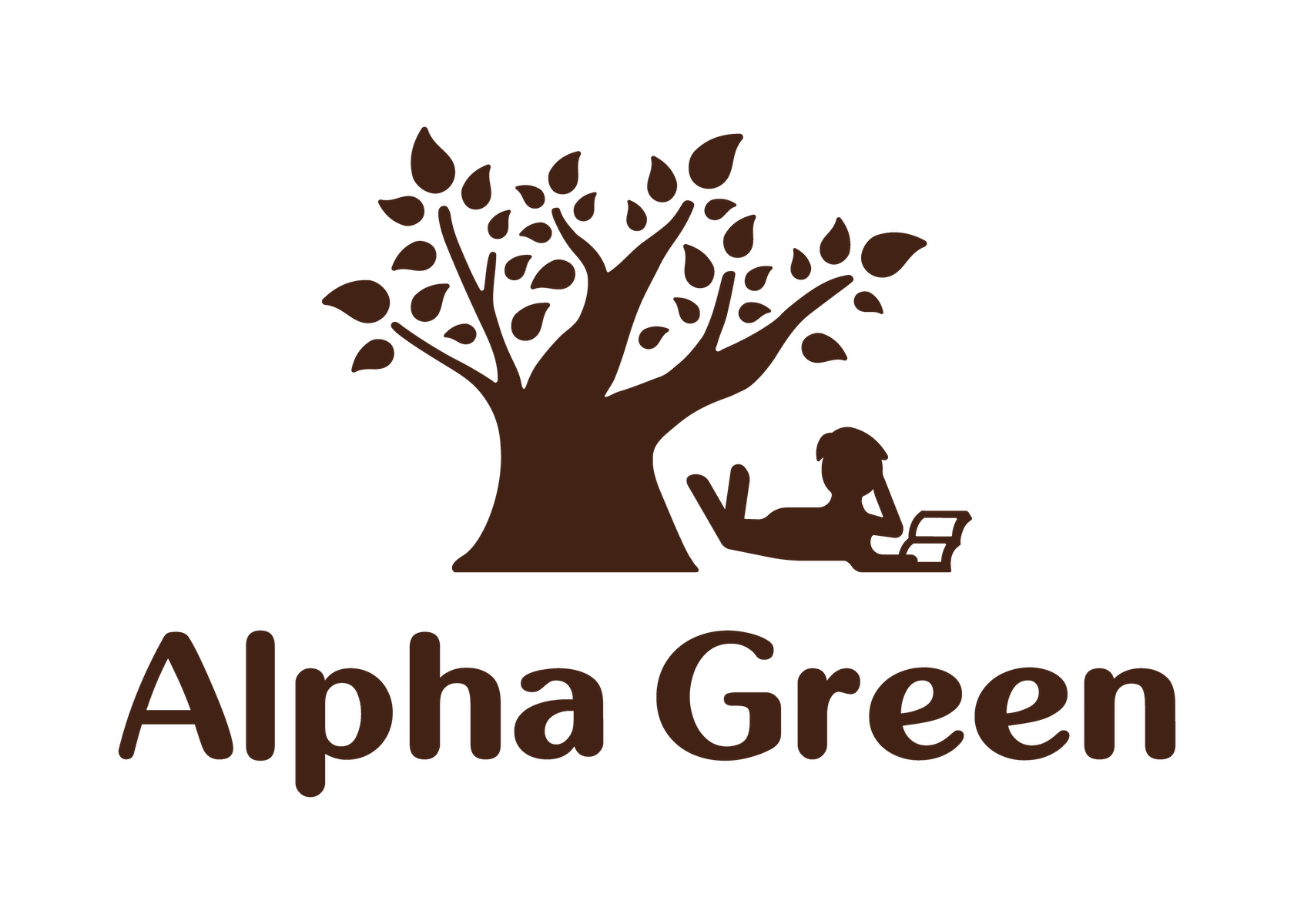Unlocking the Magic of Bilingual Education
Dive in as we tackle the burning questions every parent has about our trilingual treasure trove!We organize dream holidays to breathtaking places all over the world. Choose one of our special destinations or suggest yours
At Alpha Green Preschool, our little learners aren't just grasping ABCs; they're diving into a world of multilingual wonders! Imagine your child playing and learning seamlessly in English, with the option to sprinkle in the vibrant tones of Mandarin, the deep notes of German, or the rich textures of Russian.
Why limit to one when they can thrive in three?
Dive in as we tackle the burning questions every parent has about our trilingual treasure trove!
Why limit to one when they can thrive in three?
Dive in as we tackle the burning questions every parent has about our trilingual treasure trove!
— Isn’t three languages just too much?
— Bilingualism isn’t only beneficial for keeping connection with family heritage and culture. It offers academic benefits, as research has shown that bilingual kids are better at consuming new information and focusing attention. If a child learned two languages, it becomes easier for him to study more languages. During first 4-5 years, kid’s ability to learn new languages are at the maximum potential. This is the unique window of opportunity that you don’t want to miss.
More on the topic - link.
More on the topic - link.
— How do we manage to include so many languages in our program?
— Kids 1-6 years old don’t need to study the language the way adults do. They learn better from real-world interactions when language is directed at them. Directed language, as opposed to overheard, is the key to learning new words.
At Alpha Green Preschool we split the day in three learning sessions and each session covers regular learning and is conducted by a native speaker in one of the selected languages. The topics of all sessions are closely connected. If we study “space” today, kids will learn about space in English session, about taikonauts in Mandarin session and about Sputnik in Russian session.
At Alpha Green Preschool we split the day in three learning sessions and each session covers regular learning and is conducted by a native speaker in one of the selected languages. The topics of all sessions are closely connected. If we study “space” today, kids will learn about space in English session, about taikonauts in Mandarin session and about Sputnik in Russian session.
— We speak in our native language at home, but our child refuses to speak it. He is only using English with us.
— This is a very common situation. Parents need to understand that the amount of interactions at home is fundamentally limited.
We can divide speech in three big categories:
How do we do this in Alphagreen preschool:
We can divide speech in three big categories:
- Overheard speech - no action is required from the child
- Directed speech - child is expected to react within specific context, relevant to what the child is doing now
- Active speech - child is actively responding in a dialogue.
How do we do this in Alphagreen preschool:
- Our teachers are native speakers, and they only speak that language to the kids. They are literary pretending they don’t understand English and never reply in it.
- Use of directed speech - we play with kids, do cooking, do music class, go to the garden... While constantly speaking in a language and asking kids to participate with actions. And soon kids get confident enough to start speaking the language too.
— We just moved to Singapore. Should I speak to my child in English instead of our native language to prepare for school?
— While each family’s situation is different and ultimately parents decide what is best for their kids, we generally recommend following simple rules of bilingualism:
- Every parent has to choose one language and keep speaking it to the child no matter what. A move to a new country is a big stress for a child, and parents switching languages are not helping with it.
- Choose your native language, where you can speak fluently with all palette of synonyms and emotions.
— How do I know that my child is learning the new language?
— Ability to speak the language is different from ability to translate. Specifically for a small kid. It might be challenging to get your child to speak Mandarin when she identifies you as an English speaker. The best chance is to observe your child’s interaction with a new person who starts speaking Mandarin to your child. And the same goes for all languages.
Or you can see the video updates that we send to our parents in Brigthwheel app regularly.
A common sign of true bilingual ability is for a child to switch languages seamlessly without any effort while speaking with two different people who speak different language to the kid. Bilingual children usually can switch the language the moment they turn their head from one person to another.
Or you can see the video updates that we send to our parents in Brigthwheel app regularly.
A common sign of true bilingual ability is for a child to switch languages seamlessly without any effort while speaking with two different people who speak different language to the kid. Bilingual children usually can switch the language the moment they turn their head from one person to another.
Contact us today to learn more about our bilingual program!
